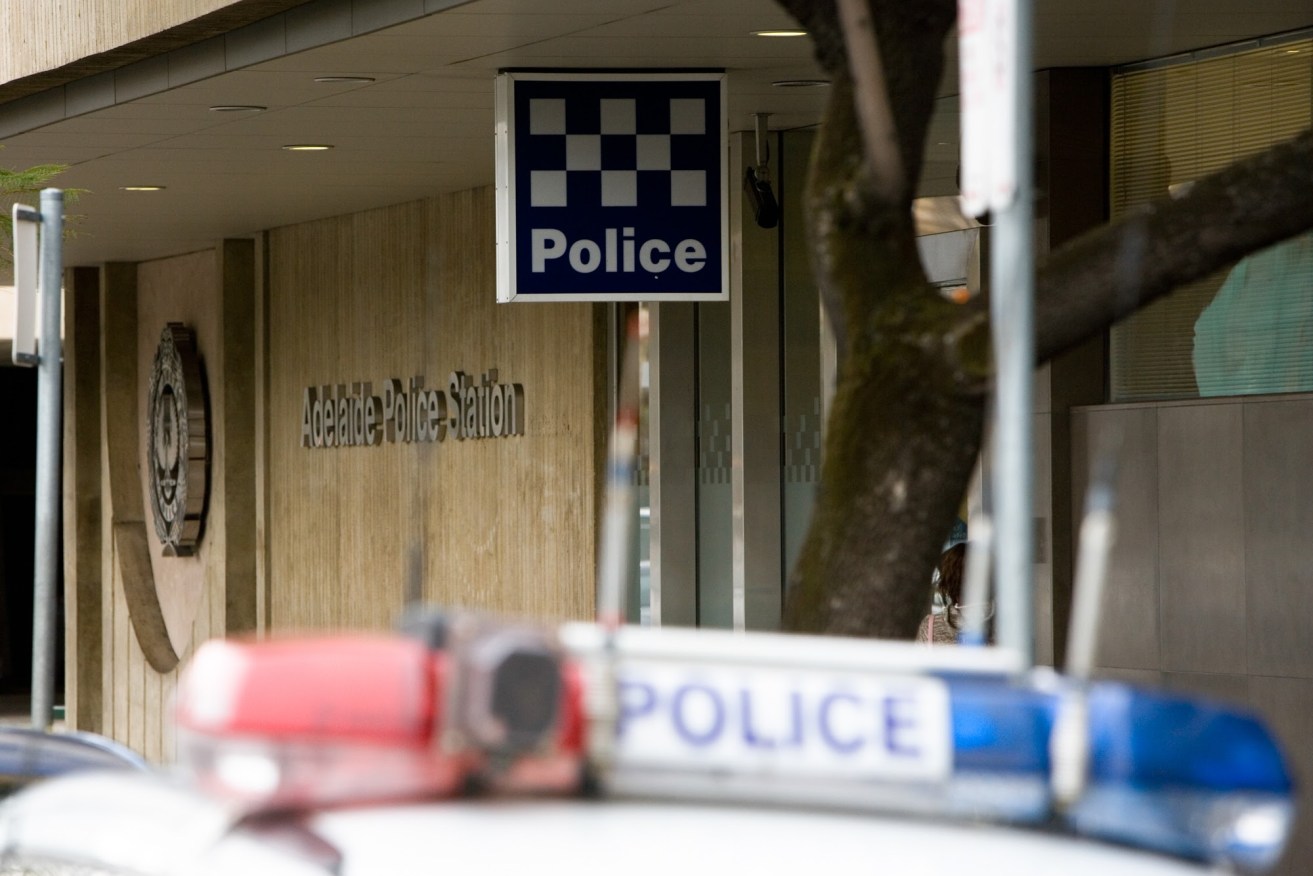SA debt collectors busy again over unpaid fines as total hits $332m
More than 500 overdue or outstanding fines for breaching COVID restrictions have been referred to the state’s fines enforcement unit, with the organisation warning it is “ramping up” the use of debt collectors as a pandemic reprieve ends and unpaid state fines total $322 million.


Photo supplied
The unpaid expiations make up a significant portion of the total 786 fines issued for COVID breaches, such as ignoring self-isolation orders, with a further 1197 cautions.
Fines are $1000 for an individual, $5000 for a business, plus a $60 victims’ of crime levy.
A police spokesman said fines had been issued to people and businesses “that have breached the directions after cautionary advice was not heeded”.
While the Fines Enforcement and Recovery Unit says it will allow those still legitimately experiencing financial hardship to go on payment plans “where possible”, it will come after those not having money trouble.
This relates to all types of fines in the hands of the unit, including traffic expiations, not just COVID fines.
John Ovenstone, director of the unit in the Attorney-General’s Department, told a recent Budget and Finance Committee, that enforcement action on overdue fines and debts was stopped in March in response to the pandemic.
“All we did was issue notices we were required to by law,” he said.
But Ovenstone said that policy was now changing.
“Any of the discretionary ones in the chase up and applying of powers, we recommenced that in a very risk-averse way about a month ago, slowly ramping that back up,” he said.
Ovenstone told the committee that in the last month the unit’s debt collectors had “started an outbound campaign” on its behalf “to gently nudge people who have gone into arrears on their payment arrangements to see if they have a real issue or not”.
“If they have, they will bring them back onto an arrangement but otherwise they deal with us,” he said.
A spokesman for the unit told InDaily that 542 fines related to COVID-19 breaches had been referred to the unit, as at October 14 – they include overdue expiations, court-imposed fines and fines for which people have gone onto payment plans.
He said 501 of those had an outstanding amount due totalling more than $642,000 – 228 of the debtors are on a payment plan.
The spokesman said current debt levels relating to state-based fines had remained “relatively steady” over the past year – at about $332 million – with more than 60 per cent of those fines relating to traffic and vehicle regulatory offences.
He said the current highest debtor owed $228,000 – including a court-imposed fine of $175,000, compensation orders and additional costs, fees and levies.
“As this individual is on a current payment arrangement, we are unable to provide further detail,” he said.
“At present, there are more than 77,000 individuals who have entered into a payment arrangement with the fines unit.
“Since COVID-19 started to impact the community, approximately 7,000 individuals with active payment arrangements went into arrears.”
The spokesman said the unit had engaged the debt collection service NCML to “contact these individuals to determine whether they can make payments”.
“Where an individual is experiencing financial hardship, the fines unit will work with them on alternative options that, where possible, will avoid additional fees and charges,” he said.
He also said that since early September, the fines unit had progressively reintroduced “enforcement options” where appropriate for people not experiencing financial hardship.
“These measures have included business restriction with the Registrar of Motor Vehicles, the suspension of driver’s licences and targeted garnishment of bank accounts,” he said.
The seizure and sale of assets and clamping of vehicles had not yet recommenced.
The spokesman said the unit was currently enforcing 30,104 Registrar of Motor Vehicles restrictions, 6012 licence suspensions and 400 charges over land.
The South Australian Council of Social Service said it had been reassured in a recent meeting that the unit was taking people’s hardship into consideration when making decisions about who to chase with debt collectors.
“They did work to reassure us that they were paying close attention to people that were experiencing genuine hardship,” SACOSS chief executive Ross Womersley told InDaily.
“The proof is always in the pudding. We absolutely want them to be human in their interactions and thoughtful about people’s circumstances.”
Womersley said it was important for people in real financial trouble to speak up.
“We consistently try to say to people that if you’re really struggling to pay it’s important to say that to whoever it is, whether that’s the fines enforcement unit or your electricity retailer or your water provider,” he said.
“The obligation on the fines unit is really to make sure that their processes do pay real attention to differentiating that group of people who might simply be snubbing their nose at the unit and those people that genuinely have good reason for saying ‘this is going to make my life incredibly difficult’.”
SA Best MLC Frank Pangallo, a member of the Budget and Finance Committee, said the unit “needs to get tougher otherwise they’re never going to get this debt down”.
“It’s good to see that they are going to chase up these fines but unfortunately the fines unit has been dragging its heels… when you have such an outstanding amount,” he said.
“They seem to be reluctant to do property seizures but perhaps it’s got to be something they’ve now got to consider to get the outstanding amount down.
“People seem to be thumbing their nose at the Government when it comes to paying these fines – well, I think it’s time the Government got tough on them.
“If you can show you are experiencing genuine hardship there’s no reason you can’t get on a payment plan.”




